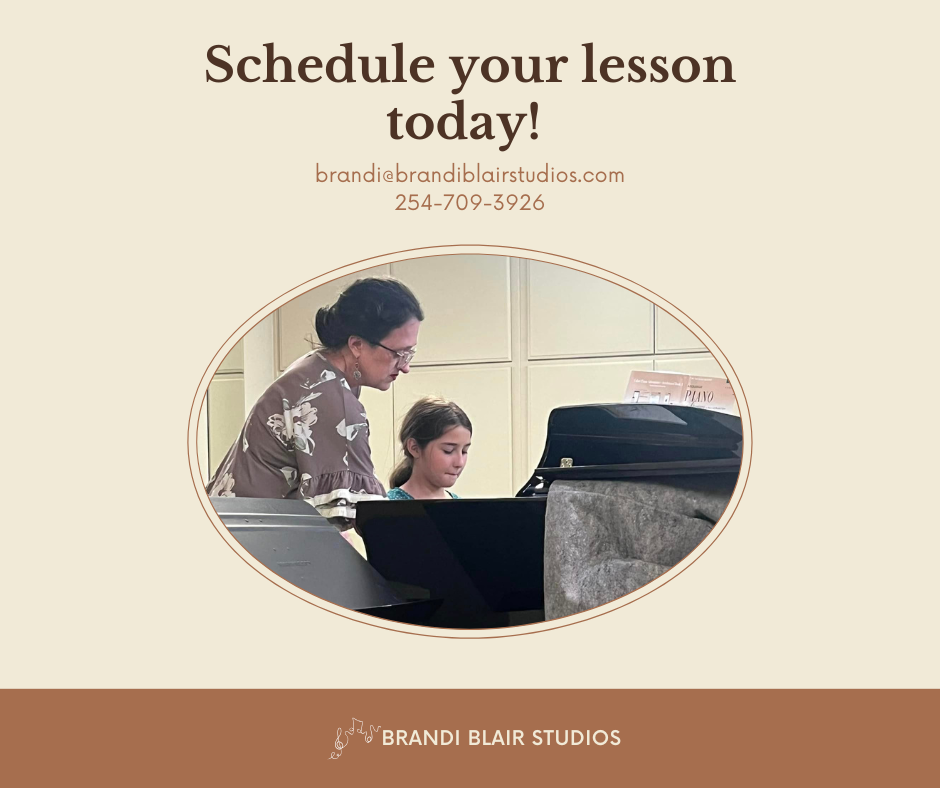For anyone with a passion for singing, picking up an instrument might seem like a secondary pursuit. However, learning to play the piano can be an incredible asset for vocalists. Not only does it broaden your understanding of music, but it also enhances various skills that are fundamental to singing. In this post, we’ll explore the reasons why learning piano can be transformative for vocalists, and how it can take your singing skills to new heights.

1. Improves Musical Theory and Understanding
Learning the piano gives singers a hands-on way to understand music theory, one of the building blocks of musicianship. Through the piano, you can visually see how scales, intervals, and chords are formed, and you get to hear them as you play. This knowledge translates directly into singing, as it becomes easier to understand the structure of songs, identify key changes, and even recognize harmonic progressions by ear.
Understanding music theory also enhances sight-reading abilities, which allows singers to pick up new songs faster and with more confidence. When you’re comfortable identifying notes and rhythm patterns, learning new pieces becomes much more efficient.
2. Develops a Strong Sense of Pitch and Harmony
Playing piano trains your ear to recognize subtle differences in pitch and harmony. The piano’s range, covering both high and low notes, helps singers become comfortable with different keys and notes beyond their vocal range. By practicing pitch accuracy on the piano, you’re also developing a more refined pitch sense in your own singing.
Another huge advantage for singers is the ability to accompany themselves. This opens the door to practice harmonies and work on intervals without needing a backing track or another musician, allowing you to create a full musical experience on your own.
3. Encourages Rhythm and Timing Precision
A strong sense of rhythm and timing is essential for any singer, especially when performing with other musicians. Playing piano, particularly when practicing with a metronome, sharpens your timing and rhythmic skills. Singers often face challenges staying in time when they’re focusing on breath control or emotional expression, but playing piano while singing encourages you to stay grounded in the beat.
By mastering rhythm on the piano, you’re training yourself to become a more reliable vocalist, especially when it comes to genres that demand strict timing, like jazz, pop, or classical music.
4. Builds Breath Control and Phrasing Skills
Playing piano while singing can help you become more aware of phrasing and breath control. Since piano passages are often broken down into musical phrases, pianists learn how to breathe at the appropriate times in order to play through sections fluidly. This can transfer into your singing practice as well, as it makes you more mindful of where natural breaths should occur in a piece.
The piano also forces you to stay consistent with tempo, which can support improved breath control. For singers, staying steady in both tempo and breath ensures that your performance sounds polished and confident.
5. Provides a Versatile Practice Tool for Vocal Warm-Ups and Exercises
The piano is an invaluable tool for vocal warm-ups and exercises. With a piano, you can play scales, arpeggios, and other patterns that help you warm up your voice and improve technique. Unlike recorded exercises, having a piano allows you to customize your warm-ups based on your needs for that day, such as focusing on a specific vocal range or particular type of scale.
Plus, because you can play exercises in different keys on the piano, you have the flexibility to develop both high and low ends of your vocal range, making your voice more versatile and adaptable.
6. Enhances Self-Sufficiency as a Musician
One of the most empowering benefits of learning piano for singers is the independence it brings. When you can accompany yourself on the piano, you don’t have to rely on others for practice sessions or even performances. This self-sufficiency opens doors to new creative possibilities, such as arranging your own versions of songs, writing original music, or even performing solo sets.
Being able to play and sing simultaneously takes practice and coordination, but once you develop these skills, you’ll become a much more versatile performer and feel a greater sense of control over your musical journey.
7. Boosts Confidence in Performing
Finally, knowing how to play piano can help boost your confidence as a performer. The ability to play and sing creates an added layer of versatility and can enhance the stage presence of singers. Knowing that you’re in command of both your instrument and your voice gives you a strong foundation, so even when singing a cappella or with other musicians, you feel more self-assured.
Performing with an instrument also adds dimension to your performance, which audiences tend to appreciate. It shows your commitment to the craft and can make your overall performance more engaging and memorable.
Getting Started
If you’re a singer interested in learning piano, there’s no need to feel overwhelmed! You don’t need to be a concert pianist to enjoy the benefits of this skill. Start small, focusing on basic chords, scales, and simple songs that you enjoy. As you progress, you’ll find that these skills quickly transfer into your singing and improve your musicianship.

Conclusion
Learning the piano is an investment in your singing skills that can pay off in a big way. From developing a deeper understanding of music theory to enhancing your rhythm, pitch accuracy, and performance confidence, the piano is a powerful tool for any vocalist. So, if you’re looking to take your singing skills to the next level, consider giving the piano a try—your voice will thank you!

